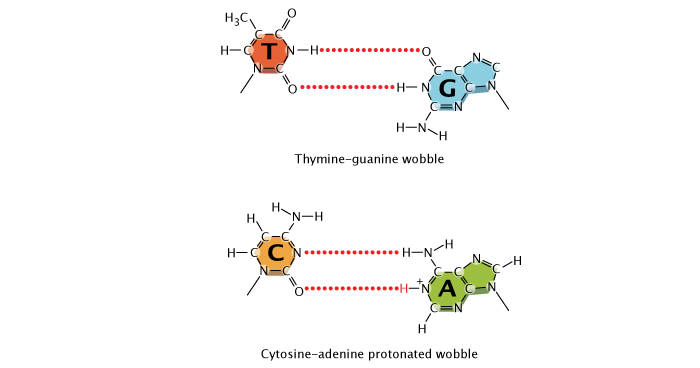
A genetic disease is caused by one or more changes to the genes. Some genetic diseases are inherited as a recessive trait. Single-gene disorders affect a single gene, while others affect two or more genes. Some disorders are hereditary, while others are acquired through the environment or lifestyle. A blood test for these genetic conditions can reveal which genes are defective. Once a diagnosis is made, treatment can begin.
The X-chromosome is the main chromosome, and disorders on this strand are often fatal. X-linked diseases are hereditary, and are often passed from parents to children. In most cases, genetic diseases are hereditary. However, there are many exceptions to the general rule. Changing a gene or modifying a gene occurs randomly before birth. Some health conditions run in families, so there’s a risk of contracting the disease if the mother or father has a particular medical condition.
Some conditions are inherited through a parent, while others can be inherited. There are over 6000 known genetic diseases. Although most are fatal, some are not. They may only exacerbate other problems triggered by non-genetic factors. These genetic disorders are sometimes hereditary, and may have no known cause. If you think your parents have a genetic disease, they’ll be able to help you make an informed decision.
A genetic disease caused by a change to a gene is called hemophilia. Hemophilia A and hemophilia B are the most common types of the disease and are caused by mutations to the F8 and F9 gene. Both genes make important proteins necessary to clot blood after an injury. If you have a hemophilia gene defect, you’ll suffer continuous bleeding, often in the joints, muscles, or internal organs.
A genetic disease caused by a change in DNA can be either inherited or acquired. If a parent has a disease, it doesn’t necessarily mean that their child will have the same condition. This is called a polygenic disorder. Whether you inherit it or not, it’s important to be aware of the type of genetic disorder that affects your health. You should never be afraid to ask questions or seek medical advice.

Genetic disorders can be hereditary or acquired. You may have one or all of the genes altered, or you may be born with a genetic disease. A blood test is needed to confirm your diagnosis. You can ask a doctor about the genetic disease in your family. You can also undergo a DNA analysis to find out if it’s a dominant disorder. If you have a genetic disorder, you may experience symptoms, which are the result of the mutation.
Other genetic diseases cause physical and mental disabilities. Some of the most common of these are Fragile X syndrome, which causes behavioural and intellectual disabilities. Haemochromatosis affects the blood and can cause organ damage. Huntington’s disease, which is a form of dementia, affects the brain and vision. The severity of the disease depends on the type of IRD. There are many types of IRD, and each one has different symptoms.
The type of genetic disease in a person can be hereditary or acquired. Some diseases are caused by a mutated gene. The mutated gene causes the disease. The genetically inherited gene is the dominant trait. The disease is inherited from one of the parents, while the genetic disorder can be acquired. Certain environmental and chemical exposures can also cause the disorder. A patient with a recessive mutation is more likely to develop symptoms of a rarer disease.
Another type of genetic disease is a condition caused by a defect in the genetic code. This type of genetic disorder is a serious and disabling condition. Symptoms may include deafness, a limb defect, and a faulty gene. A patient suffering from a genetic disease has no other symptoms. This may be due to defective DNA. Regardless of the type of mutation, this condition can affect a person’s quality of life. For more information on the types of genetic disorders, please visit goldensoft.co.th.
Unlike diseases that cause deformities, a genetic disease is a lifelong condition that can be treated. Typically, treatment for a genetic disorder is aimed at managing symptoms, preventing complications, and improving the patient’s quality of life. A person suffering from a disease caused by a defect in a particular gene may not be able to get pregnant or live a normal life. In the case of a chromosome, this is the gene that causes the condition to manifest as a mutation.
